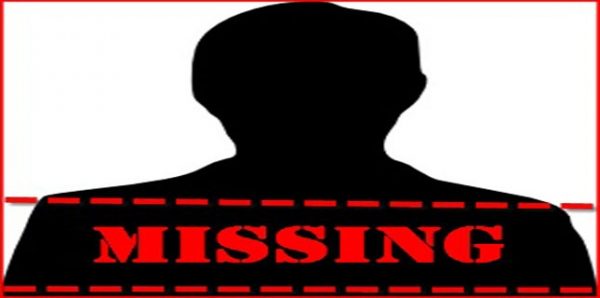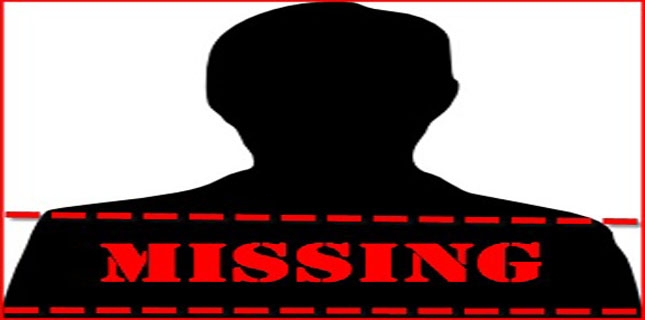
Missing persons cases cause flurries of action and public conjecture from time to time; searches quite rightly swing into action the moment police and neighbours hear of missing children, or a senior that has disappeared from the local old folks home. But when the missing person is known to be mentally unwell, the concern is muted, and often the action is delayed and ineffective.
Last week another Hamilton man went missing from his flat near the Waikato River. He had recently been a patient at Waikato DHB’s Henry Bennett Centre, and was known to be experiencing some difficulties around the time he disappeared. He does not seem to have had an operative ‘care plan’ in place.
The man’s disappearance was out of character, and his bank card and other useful items had not been taken with him. His family, extremely concerned for his safety, quickly reported his disappearance to the Police.
Four days later, no bulletins had come out from the Police, and no searches appeared to have been started. Many friends (including my family, who remembered the terrible time we went through after our son’s disappearance) alerted the public and media through social media as to his disappearance. Within hours, the Police had released an official bulletin identifying the man, and asking for public help to find him.
We have been informed, although the Police won’t confirm it, that the officer responsible for such searches, had been undertaking training, which delayed the search. We have also been told that the Police search boat used in the Waikato River could not immediately complete the search it then started, due to needing to go in for a ‘registration check’ – again no confirmation from the Police.
To date the man has not been found, although there are a couple of unconfirmed social media reports of sightings (as there were with our son). [I have not used the man’s name, out of respect for his family’s feelings]
The reason for mentions of my son’s case is that the search for Nicky was botched by the Police, who also had key staff away on leave while others had key emails redirected to their junk mail, or were just too slack to swing into action. In Nicky’s case DHB staff also lied about searches taking place that had not actually occurred, and kept other relevant information from us. The Police search also started late, and although he had been reported in Hamilton a day after his disappearance, his body was found in the River some three days later.
Both cases remind my family of the disappearance of a young woman, Iraena Asher, near Piha Beach a few years ago, when Police did not treat reports of an obviously ill person seriously and ended up sending a taxi for her, rather than a police search, excepting that the taxi was incompetently sent to an address 30km away, and Iraena was never found.
Accepting that the Police and mental health services are under-resourced to deal with an escalating mental health crisis, it still appals me that cases like that of Iraena, Nicky and this latest one get so obviously and quickly out of hand, and that Police, mental health and other authorities continue to get things so badly wrong.
Where are the checks and balances that can quickly show when their systems have missed vital action points, that can take on board the urgency that members of the family or the public are trying to impress on them? Why is it that a missing child, or old person disappearing from an old folks’ home – quite rightly – can have the local cops and the whole community out looking for them within an hour? Is the difference symptomatic of a wider community attitude whereby missing mentally unwell people are not accorded the same concern that missing children or seniors are?
Dave Macpherson is TDB’s mental health blogger. He became a Waikato DHB member after his son died from mental health incompetence.






No I think there is the same initial level of concern. It’s just that people become intimidated by the prospect of tracking a possibly extra erratic missing person. So they get the dreads from it just a little bit and it gets priority downgraded. Probably an evolved tribal prioritizing mechanism.
Sorry to hear about your boy though, that is too bad. I am unsure if your line of work will be good for your own long term mental health, as it seems to make a mental wound the primary motivator and could cause a sort of chronic PTSD to take hold. Take care of yourself.
You make a good point.
The speed of the conclusive suicide explanation makes me uncomfortable.
I’m sure your writing is a cathartic use of the pain of injustice which lingers longer than death.
Mental Health is poorly understood however it is very profitable for the Multi National drug companies, just look up the statistics on the sales figures world wide on anti psychotic drugs.
The problem in NZ is a socioeconomic one, which is dietary and education related. Lower socioeconomic groups in NZ have poor diets and make poor dietary choices, also with the cost of living in NZ people can barely afford to pay the rent let alone put food on the table ?
Hence the increase in mental health problems and crime ?
It’s because when you report a missing person or an AWOL from Mental Health Services the police will decide the level of risk to that individual inspite of whatever information they are given.
Its the same attitude that makes them not attend insidences of assault on staff or other patients.
The National Government of the past 9 years particularly under Dr Johnathan Coleman was not interested in the Mental Health Industry as far as I am aware.
Comments are closed.